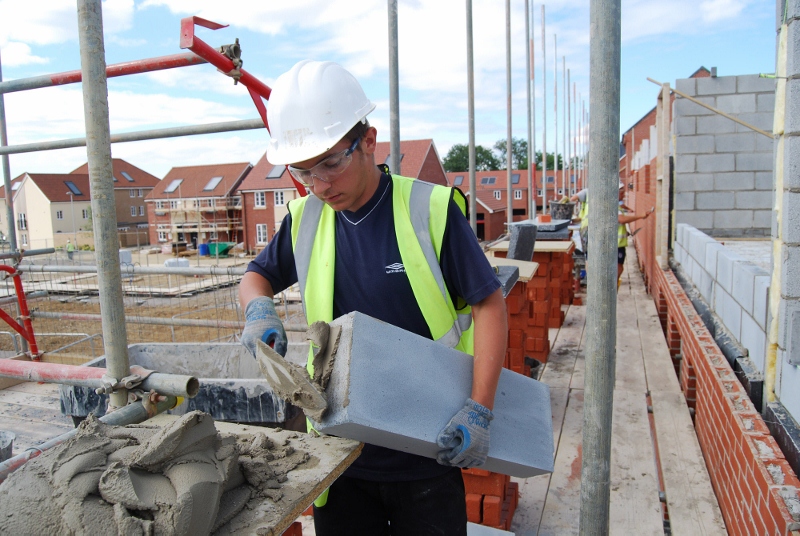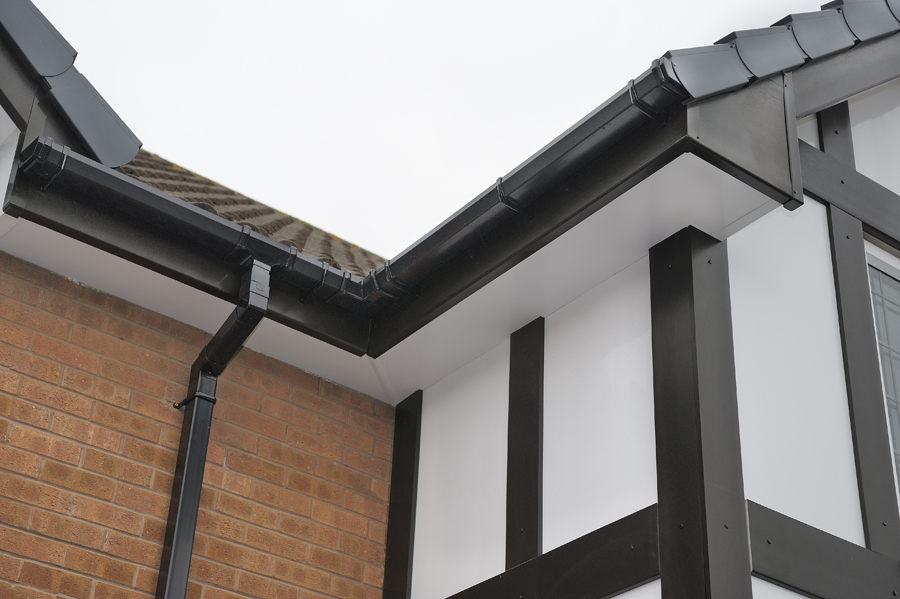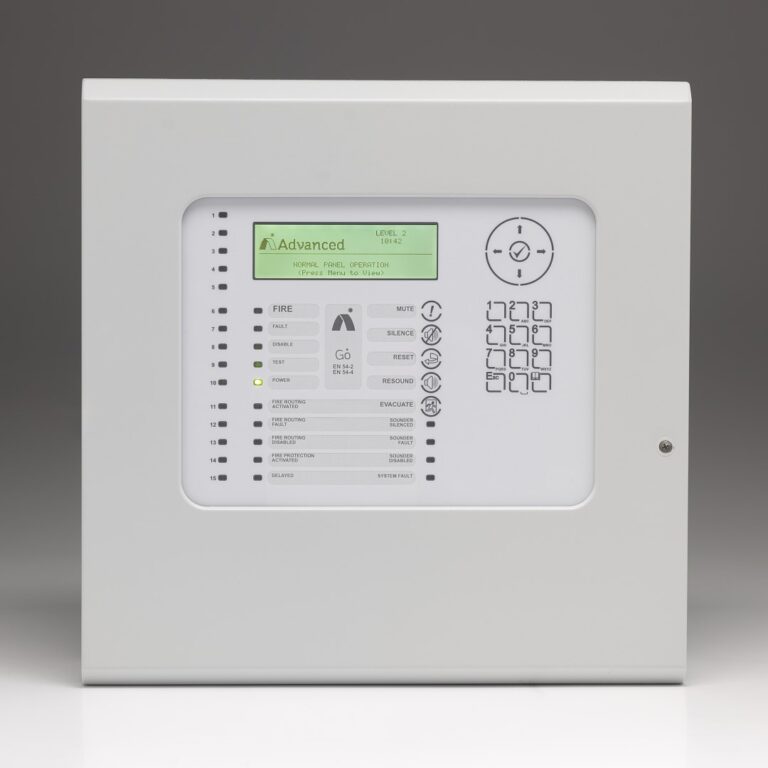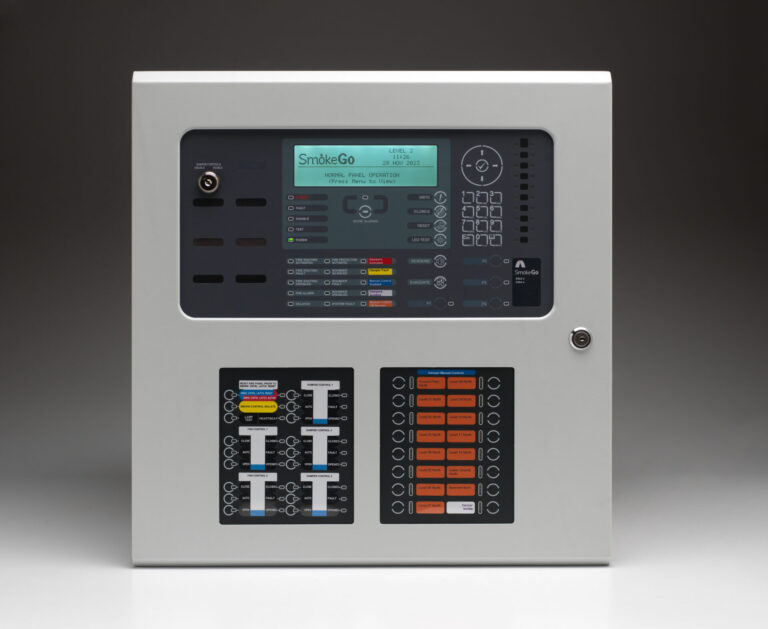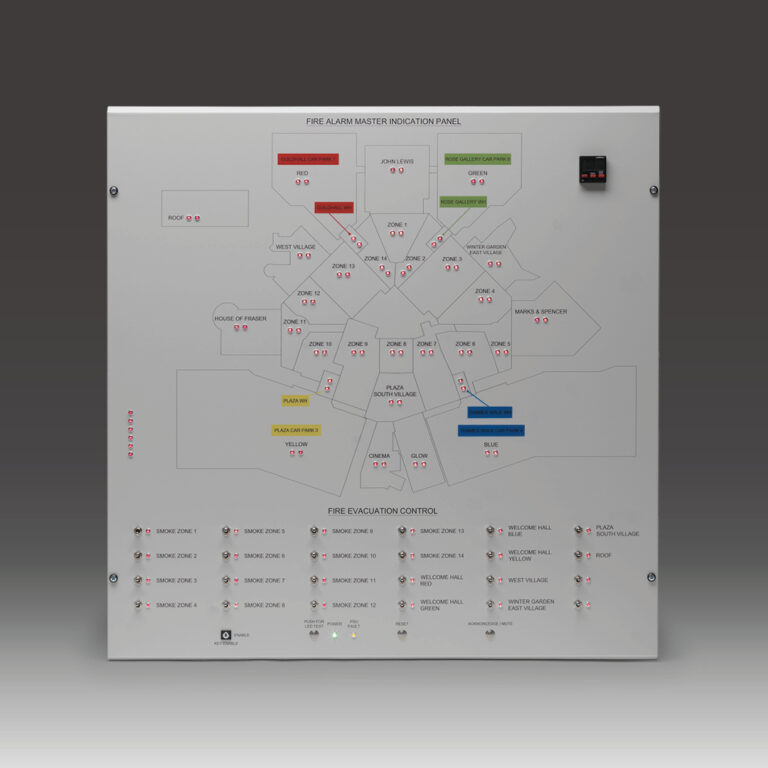With an open Government-led consultation to review the ban on the use of combustible materials in and on the external walls of buildings, Paul Richards, Managing Director of Aquarian Cladding Systems, discusses why a balanced explanation is needed to enable stakeholders to make an informed decision on materials – and why everyone should respond before the deadline on 13th April 2020.
The Government ban of the use of combustible materials on numerous building types over 18m has provided huge challenges for many businesses in our sector.
Few of us will have been immune to the impact these changes have had – many are likely to have experienced reduced productivity and turnover as a result.
The devastating result of ill-informed decisions to use materials which were not proven to be fit for purpose has since led to ill-informed decisions by confused stakeholders to only use A1 and A2 materials regardless of height and exposure. Which has meant that perfectly viable solutions are being missed.
We all agree that buildings must be safe to occupy, but they should also be built cost-effectively, to address the shortage in affordable housing; there should be a range of material options with sufficient capacity to supply; and materials should be sustainably sourced – and produced with minimal embodied energy, to address climate change.
The ban has also created pariah-like status of existing buildings >18m that have used combustible materials. It is estimated that the cost of ‘correcting’ all buildings >18m is £2bn but this number is likely to be bigger. And it will likely take a generation to ‘correct’. But do they ALL need correcting? Not all combustible materials behave the same in fire. Put simply, the paper on my desk would behave completely differently to my wooden desk on fire. Both are classed as combustible.
The biggest challenge, therefore, is to provide a balanced explanation to the entire industry and it’s why the chance to have our say on the review is one we need to all grasp.
Demonstrating performance
From our own experience, we now spend far longer on projects at design and specification stage due to ill-informed fear and understanding, and we will not be on our own.
We have also been asked to comment and advise on buildings >18m that we have supplied with our Gebrik product. It is completely understandable due to heightened concern to get it right but some of it is also based on a lack of understanding of the subject matter perpetuated by suppliers with a vested interest.
Gebrik is proven to perform safely in fire – not just with five successful BS8414/BR135 tests but also on actual buildings that have been exposed to fire. It is typically more cost-effective and quicker to install and point than non-combustible solutions and has been used on buildings since the early 1980s, so has a proven track record to match its BBA certification.
We have been able to successfully demonstrate its performance to specifiers, warranty providers and insurers that are prepared to listen.
Our evidence suggests that Gebrik still has a place in the market for buildings <18m but we remain of the opinion that the decision to affect its use on buildings >18m was a mistake.
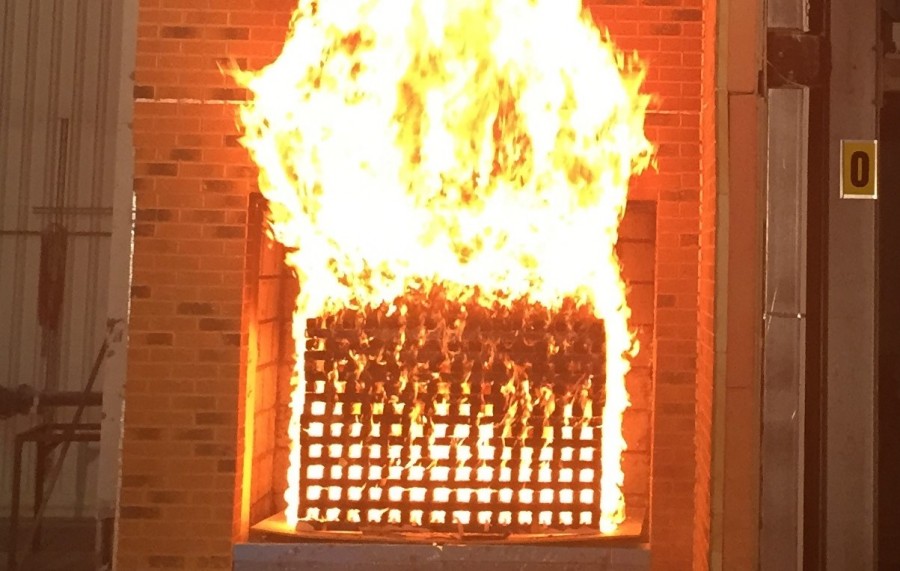
Limiting and restrictive
The continued use of EN13501 to define the fire safety of materials is too narrow and rating materials from A to E using this test method is too limiting and restrictive.
BS8414 is a large-scale test that is widely accepted as being the most demanding fire test in the world and there remains no evidence that any wall build-up has failed, having been successfully tested and met BR135 ‘Pass’ criteria.
We must remember that the ACM used at Grenfell had not been tested and, when tested after the event, it failed in 9 minutes. There is also questionable fire performance of the type of HPL that was used on The Cube in Bolton.
Supplier responsibility
Materials should only be allowed to be used on buildings once they are proven to be safe, regardless of height, and this should not only apply to fire performance but also things like wind load, impact resistance and weathertightness.
Will this put the onus on suppliers like ourselves to invest in testing, certification and staff training? Of course, and so it should! After all, nobody should know the performance of a product better than the supplier and if they can’t demonstrate safety, then it really shouldn’t be used.
Have your say
As Dame Hackitt recently said, we shouldn’t wait to be told what to do by a regulator. Only strong leadership will create the real drive and collective commitment to build safe, affordable, sustainable buildings.
There will of course be those that disagree, and everyone’s voice is valid. The good news is, we all have an opportunity to let the Government know what we think via an open consultation at https://www.gov.uk/government/consultations/review-of-the-ban-on-the-use-of-combustible-materials-in-and-on-the-external-walls-of-buildings and the closing date is Monday, 13th April.
We all want the same outcome of safe, affordable and sustainable construction but if those of us who understand the industry can’t inform politicians, who by their own words are not interested in the detail, who can?
It is up to us all to respond and show the leadership our industry so desperately needs.
Paul has more than 34 years in the industry and is also on the board of Construction Excellence South West.
For more information please visit https://www.aquariancladding.co.uk/








